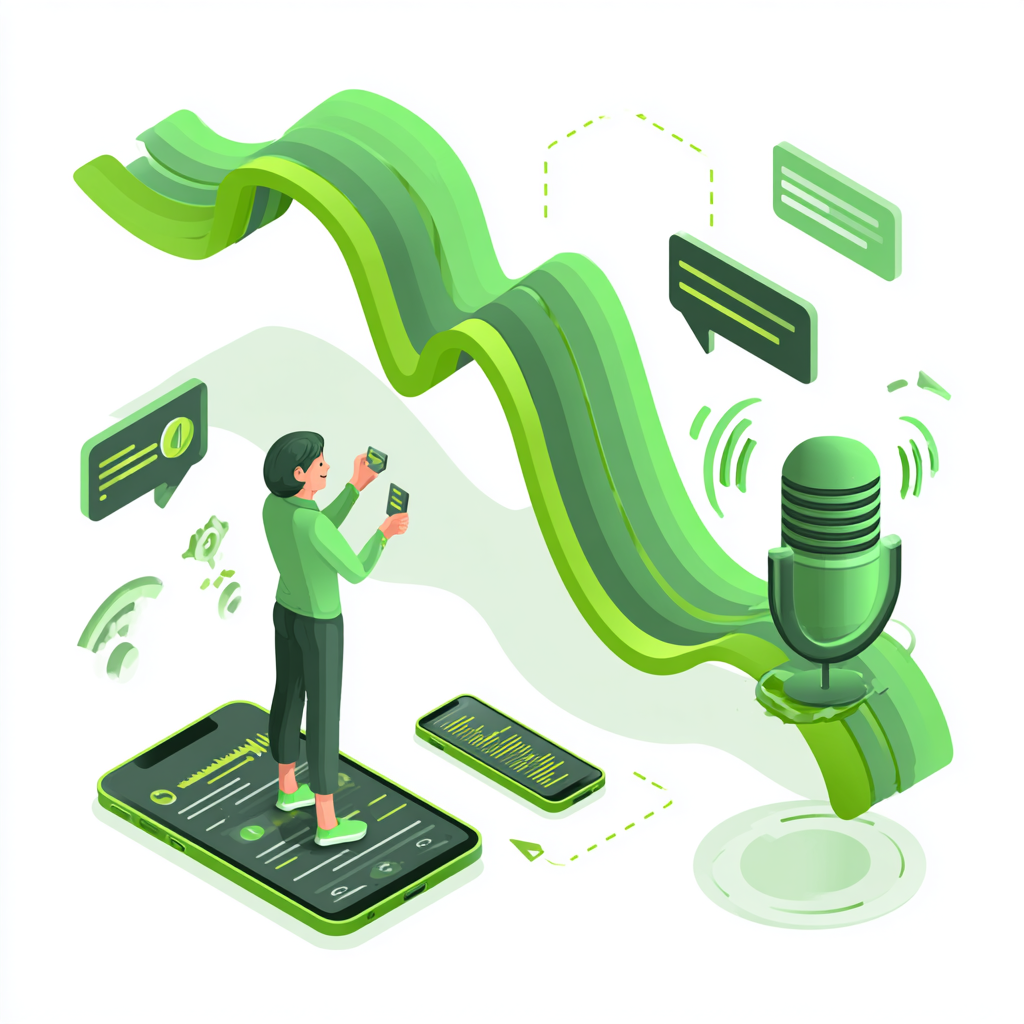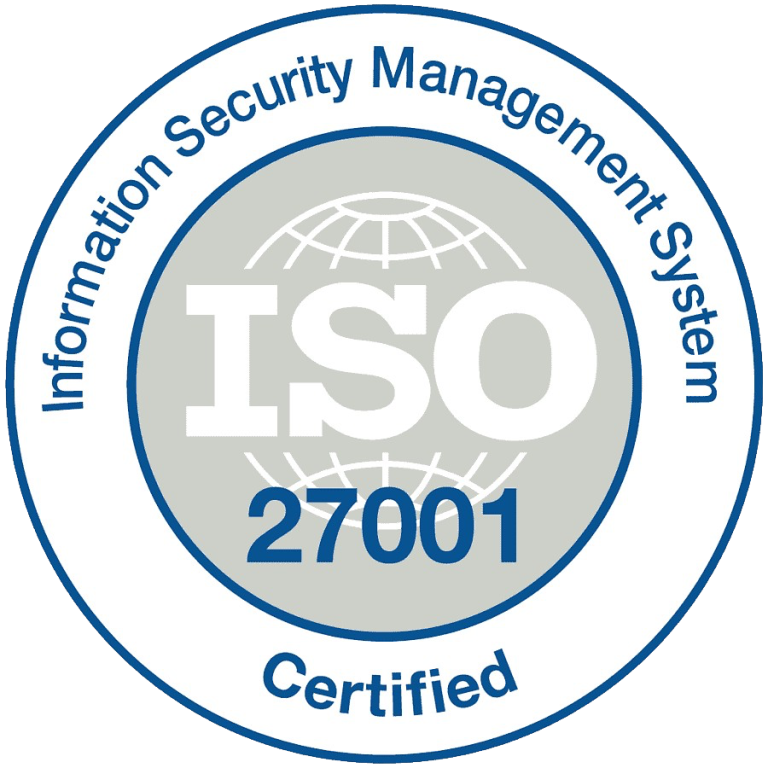How do you increase the SMS conversion rates for businesses?
Businesses of all sizes work hard to connect with their customers quickly and effectively. While social media and email marketing have merits, the humble SMS (Short Message Service) remains a potent tool for engaging customers and driving conversions. This article will explore what SMS conversions are, why they are essential for SMEs, and provide practical tips to increase your SMS conversion rates. So, prepare to take your SMS marketing game to the next level.
What are SMS conversion rates for businesses?
SMS conversions refer to the specific actions recipients take in response to text messages from an SMS marketing campaign. These actions are the desired outcomes that businesses aim to achieve through their SMS communications. SMS conversions can encompass a wide range of activities, including making a purchase, redeeming a coupon or offer, subscribing to a service or newsletter, RSVPing to an event, providing feedback, or engaging with content by clicking links. The success of an SMS campaign is ultimately measured by its ability to drive these conversions and encourage recipients to take meaningful actions.
This involves delivering relevant and timely content, clearly communicating the benefits or incentives, and providing easy-to-follow instructions for taking the desired action. Additionally, leveraging personalization, segmentation, and automation techniques can help tailor messages to individual recipients’ preferences and behaviours, increasing the likelihood of conversion.
By focusing on driving SMS conversions, businesses can maximize the return on their SMS marketing investment, achieve their campaign objectives, and ultimately drive business growth. Whether the goal is to increase sales, boost engagement, or enhance brand awareness, SMS conversions are crucial in realizing these objectives and delivering tangible results for the business.
Top tips to increase SMS conversion rates for businesses
1. Target the right audience
Ensure that the right audience is being targeted. Sending SMS messages to people uninterested in your product or service wastes resources and can damage your brand reputation. To target the right audience, you must understand your customer base, including their demographics, interests, and preferences.
Segmenting your customer database and sending targeted messages to different groups can increase the chances of your SMS messages being opened and acted upon. Personalization is critical to increasing conversion rates. People engage with messages that are tailored to their specific needs and interests. Businesses should use the customer’s name, address, or recent purchase history in their messages. This makes the message more relevant and makes the customer feel valued and appreciated.
2. Offer value
People are likelier to engage with SMS messages that offer them value. This could be a discount, a free trial, or access to exclusive content. Offering value is a great way to increase conversion rates and drive sales. Ensure the offer is relevant and valuable to the customer or may have the opposite effect.
3. Keep it short and sweet
SMS messages are limited to 160 characters, so keeping them short and to the point is essential. Long, rambling messages are less likely to be read and acted upon. Instead, focus on creating concise, attention-grabbing messages communicating the offered value.
4. Use a clear call-to-action
A clear call to action is essential for increasing conversion rates. The action needed should be prominently displayed in the message and easy to understand and act upon. This could be a simple “click here” or “respond now” message or a more elaborate offer with a deadline. Whatever the call to action is, make sure it is clear, compelling, and drives the desired action.
5. Timing is everything
SMS marketing campaigns. Sending messages at strategic moments can significantly enhance their success rate, while mistimed messages risk being overlooked or disregarded. Businesses can identify optimal times for sending SMS messages, such as during customers’ leisure hours or when they are most likely to be receptive to promotional offers. This targeted approach increases the likelihood of messages being opened and acted upon, ultimately driving engagement and conversions.
Conversely, sending messages at inappropriate times, such as during working hours or late at night, can hurt the recipient’s perception of the brand and may result in the message being ignored or even perceived as intrusive. Businesses need to respect their customers’ schedules and preferences to maintain a positive relationship and ensure the effectiveness of their SMS marketing efforts.
Automation tools and scheduling features can help businesses optimize the timing of their SMS messages. By continuously monitoring engagement metrics and refining their timing strategies based on feedback and insights, companies can enhance the effectiveness of their SMS campaigns and drive better results. Ultimately, by prioritizing timing as a critical component of their SMS marketing strategy, businesses can increase their chances of success and achieve their marketing objectives more effectively.
6. Test and optimize
Finally, continually testing and optimizing SMS campaigns is essential to increase conversion rates. This means experimenting with different messaging strategies, offers, and timing to find what works best for your audience. By regularly testing and refining your SMS campaigns, you can continue to improve conversion rates and maximize the return on investment.
In addition, businesses must comply with SMS messaging regulations to avoid legal issues. Always obtain the necessary consent from customers before sending them SMS messages, and provide the option of opting out for those who do not want to receive notifications.
Conclusion
SMS remains a powerful and practical tool for businesses seeking direct and impactful communication with their customers. With the tips and best practices outlined above, companies can enhance the effectiveness of their SMS marketing efforts and drive meaningful results. From identifying and targeting the right audience to crafting personalized messages and providing clear calls-to-action, businesses can ensure that their SMS campaigns resonate with recipients and drive desired actions; offering value and maintaining relevance throughout the messaging process are essential elements for success. Businesses can foster stronger connections and drive engagement.
Regular testing and optimization are crucial for refining SMS campaigns over time and identifying what resonates best with the target audience. Companies can optimize their SMS campaigns for maximum impact and effectiveness by continually analyzing performance metrics and adjusting as needed. By using the capabilities of SMS marketing and following these guidelines, businesses can establish themselves as trusted and reliable communicators, driving sales and fostering long-term customer relationships. SMS remains a versatile and indispensable tool in the modern marketing landscape, offering businesses the platform to connect with customers directly and meaningfully. With strategic planning, creativity, and ongoing optimization, businesses can harness the power of SMS to achieve their marketing goals and drive success.





